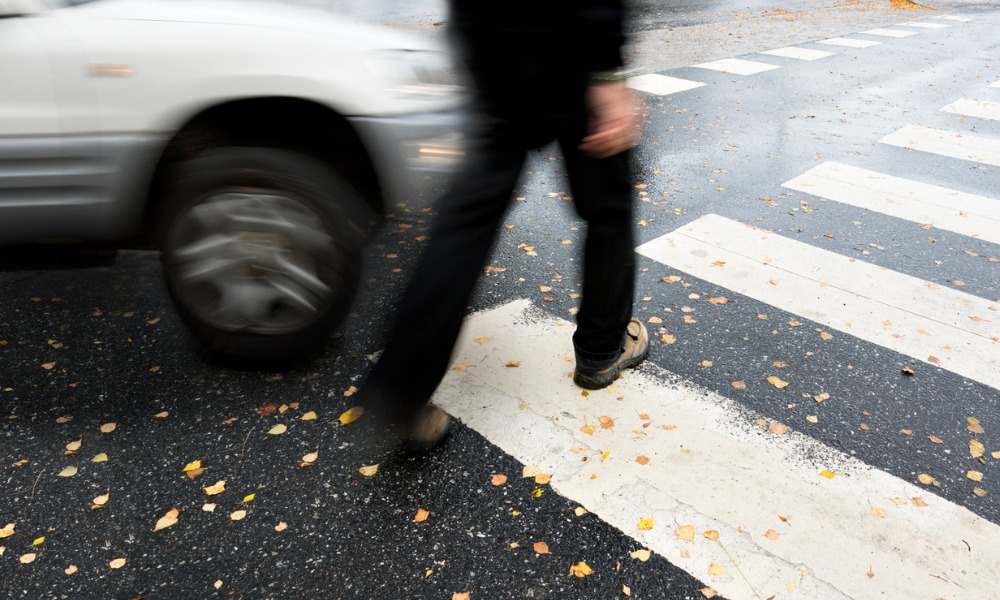
Neither side testified at the trial leading the court to rely heavily on discovery

The BC Court of Appeal has issued a decision that modifies the damages awarded in a personal injury case involving a motor vehicle accident that severely injured a pedestrian.
The accident, which took place without any third-party witnesses, led to a trial that found the driver, the late Hugh McGuigan, solely responsible for the injuries sustained by the pedestrian, Vicki Pevach. Given the “unusual” circumstances of the trial, considering the absence of testimony from both parties involved due to McGuigan’s death and Pevach's mental incompetence, the court relied heavily on discovery evidence to reach its conclusions.
As the executor of McGuigan’s estate, John Wright appealed the trial judgment, challenging several aspects of the decision, including the dismissal of Pevach’s claim based on discovery evidence and the failure to consider contributory negligence. He also contested the amount awarded for future care costs, deeming it excessively high and medically unjustified.
The appeal highlighted the trial's reliance on discovery evidence and the complex task of determining liability and damages without direct testimonies. Upon reviewing the arguments, the BC Court of Appeal upheld the trial judge’s findings on liability, agreeing that McGuigan was at fault for the accident. The court also maintained the bulk of the future care costs awarded but identified a need to adjust the damages based on considering negative contingencies related to Pevach’s pre-existing health conditions.
The court found that the trial judge had erred in not sufficiently considering the real and substantial possibility that Pevach’s pre-existing conditions might have necessitated future care regardless of the accident. This oversight necessitated adjusting the awarded damages to reflect the costs directly attributable to the accident more accurately. As a result, the Court of Appeal applied a 15 percent reduction to the extended residential care component of the future care costs and a 20 percent reduction to the community support and taxi services components.
The court underscored the challenges inherent in assessing damages in personal injury cases, particularly when the victim's pre-existing health conditions are a factor. The adjustments made by the Court of Appeal aim to ensure that the awarded damages provide fair compensation for the care needs that are directly a consequence of the accident while also accounting for the likelihood that the victim would have required a degree of future care due to her condition before the accident.
By adjusting the damages awarded, the court sought to balance the need to fully compensate Pevach for her accident-related needs with the principle that victims should not receive compensation for care requirements that would likely have arisen independent of the wrongful act. The court emphasized the importance of reviewing all evidence and carefully considering the impact of pre-existing conditions on future care to arrive at a fair and just compensation that reflects the true cost of the injuries and care necessitated by the accident.